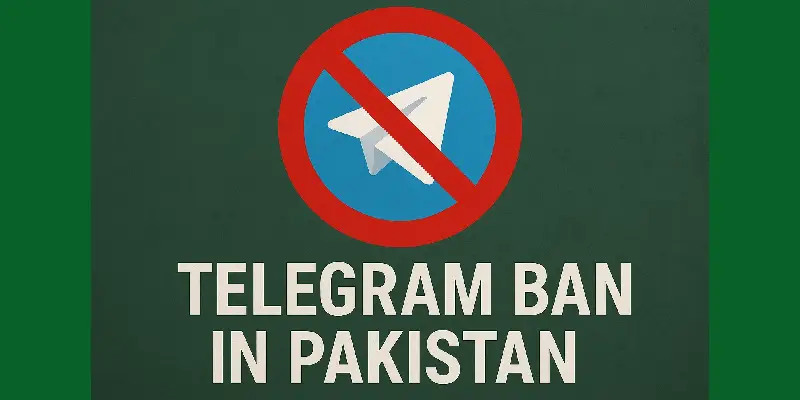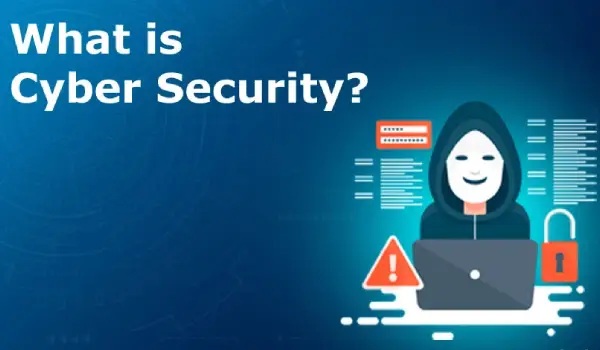In early 2025, Telegram was officially again blocked by major internet providers across Pakistan. For many, this wasn’t a surprise. Telegram Ban in Pakistan had been throttled or partially restricted for months.
The reason? Authorities claimed Telegram was being used to spread extremist content, promote misinformation, and organize “unlawful activities.” Some said it was linked to political instability.
Others believed it was simply too secureend-to-end encryption made it difficult for the government to monitor.

Telegram isn’t the only app facing restrictions. In recent years, Pakistan has temporarily blocked X (formerly Twitter), YouTube, Facebook, and TikTok during protests or sensitive political events.
Table of Contents
ToggleReal Stats: VPN Use Is Skyrocketing
When Telegram was blocked, Pakistanis didn’t just sit back. Instead, they turned to VPNs.
Here’s what the numbers say:
-
VPN usage in Pakistan spiked by over 846% overnight during a major social media ban.
-
In another case, the demand for VPN apps increased by 2380% in less than 24 hours.
-
Around 18% of internet users in Pakistan now use VPNs regularly.
-
Young people under 30 make up the biggest group, with usage highest in cities like Lahore, Karachi, and Islamabad.
This shows how important Telegram and other apps are not just for chatting, but for education, work, activism, and even religious discussions. so Telegram Ban in Pakistan was not a good idea after all.
Why Are People Using Telegram So Much?
Telegram is popular for many reasons:
-
Privacy and Security
People like that Telegram doesn’t share data with third parties. Its secret chats are encrypted and messages can disappear after a set time. -
Group and Channel Features
Teachers run study groups. Religious scholars share lectures. Traders use Telegram for real-time market updates. It’s used widely for both public and private communication. -
Political Organizing
Many political parties and movements especially youth-driven ones have active Telegram groups. That’s part of why it’s viewed as a “threat” by some.
How VPNs Help Users Stay Connected
VPNs (Virtual Private Networks) let users bypass restrictions by making it look like they’re connecting from another country. That’s why they’re so popular right now.
Top choices among Pakistanis include:
-
ProtonVPN
Offers strong encryption and a free plan. -
Cloudflare Warp
Easy to use and good for Telegram. -
Psiphon Pro
Popular with users in areas with the most strict internet blocks.
People also use MTProto proxies, a feature built into Telegram that lets you connect without a full VPN. Many Telegram channels in Pakistan now share proxy links daily.
Local Voices: How Pakistanis Are Coping
Meet Arham, a university student in Islamabad. He uses Telegram to share study notes with 200 classmates. Since the block, he’s been relying on Cloudflare Warp to stay connected.
Samina, a small business owner in Karachi, uses Telegram to take orders for her homemade desserts. She says, “I lost half my customers the first week. Then someone showed me how to use a VPN.”
Across Pakistan, stories like these are everywhere. It’s not just techies or activists using Telegram it’s students, freelancers, teachers, and home-based entrepreneurs.
Legal Side: Is Using VPNs Allowed?
This part is tricky. VPNs aren’t banned for personal use in Pakistan, but businesses must register with the Pakistan Telecommunication Authority (PTA). If they don’t, their services might get blocked.
Some officials have called for tighter VPN regulations. Others even claimed VPNs are “against religious values” though this sparked backlash online.
Right now, most people still use VPNs freely. But there’s growing concern that more restrictions could be on the way.
Bigger Picture: Why It Matters
What’s happening with Telegram isn’t just about one app. It reflects a bigger battle over digital freedom in Pakistan.
The internet is becoming the new public square where people talk, learn, organize, and build careers.
Blocking apps like Telegram doesn’t just silence extremists. It also affects students, teachers, artists, small businesses, and freelancers.
Pakistan’s digital economy is growing fast. The country aims to reach $15 billion in IT exports in the next few years. But that future depends on open, reliable internet access.
If essential tools keep getting blocked, it could push talent and businesses away or force them underground.
What Are the Alternatives?
Some users are exploring:
-
Decentralized messaging apps like Session and Matrix
-
Mesh networks that don’t rely on central servers
-
Offline sharing apps for local communication
But for now, Telegram remains a go-to app in Pakistan. And VPNs are the tool people trust to keep it that way.
A Few Questions for You
-
Do you use Telegram regularly? What for?
-
Have you tried using a VPN to access blocked content?
-
Do you think banning apps like Telegram helps or hurts the country?
Final Thoughts
The Telegram ban in Pakistan has created more questions than answers. While the government argues it’s about national security and public order, millions of Pakistanis feel cut off from vital tools they rely on daily.
Instead of silencing threats, blocking apps like Telegram has pushed people toward VPNs, proxies, and underground networks. It’s a digital cat-and-mouse game one that’s affecting not just activists, but students, small business owners, freelancers, and everyday users.
At the heart of it all is a simple question: should people have the right to access information and communicate freely online?
As technology keeps evolving, it’s clear that bans alone won’t solve deeper problems. What Pakistan needs is a smarter approach one that balances security with digital freedom, and control with trust.
Because in today’s world, a blocked app isn’t just a lost message. It’s a missed opportunity.
Quick FAQ
Q: Is Telegram officially banned in Pakistan?
Yes. As of mid-2025, it’s blocked by most major internet providers.
Q: Can I still access Telegram in Pakistan?
Yes, if you use a VPN or MTProto proxy.
Q: Is using a VPN legal in Pakistan?
For personal use, yes. Businesses must register their VPNs with the PTA.
Q: Why is Telegram blocked?
Authorities say it’s being used to spread harmful or extremist content. Others argue it’s about controlling political speech.
Q: Which VPNs work best in Pakistan?
ProtonVPN, Cloudflare Warp, and Psiphon Pro are commonly used.
For more exciting and awesome facts and information visit our Home page Visualpakistan.com




